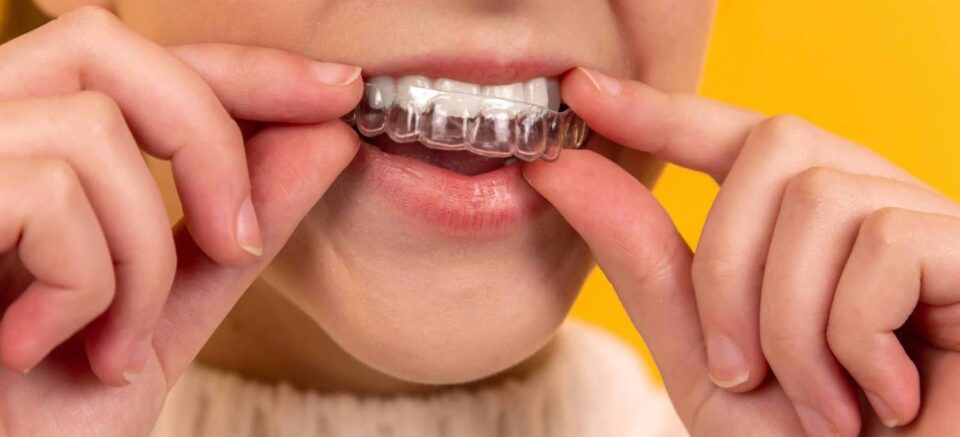Dental appliance cleaners are products designed to clean various dental appliances, such as dentures, retainers, mouthguards, and dental night guards. Remember that failing to care properly for your dental appliances can lead to a lowering of their lifespan and can also result in health complications. Dental appliance cleaner is crucial as it helps you maintain oral hygiene, prevent odor, and prolong the life of the appliance. However, with cleaning and storage differing for certain removable oral devices, it can be challenging when it is time to figure out which method is suitable in each instance. Here’s everything you need to know about dental appliance cleaners.
Types of Dental Appliances Cleaners
Denture Cleaners: These are specifically designed for cleaning dentures. They come in various forms, including tablets, creams, gels, and solutions.
Retainer Cleaners: These are intended for cleaning removable orthodontic retainers, such as Hawley retainers or clear aligner trays.
Mouthguard Cleaners – Designed for cleaning mouthguards worn during sports or for teeth grinding (bruxism).
Ultrasonic Cleaners: These machines use high-frequency sound waves to clean dental appliances. They are often used in dental offices but are also available for home use.
How to Use Dental Appliance Cleaners
Follow the manufacturer’s instructions for the specific cleaner you are using.
For dentures, typically, you’ll soak them in a denture cleaner solution or use denture cleaning tablets. Brushing with a soft brush may also be recommended.
For retainers, aligners, and mouthguards, use a designated cleaner or a mild, non-abrasive toothpaste and a soft brush. Rinse thoroughly.
Benefits of Dental Appliance Cleaners
Removes bacteria, plaque, and food particles, promoting oral hygiene.
Prevents staining and odor buildup on the appliance.
Prolong the life of the dental appliance by preventing damage from abrasive cleaning methods or harsh chemicals.
Tips for Dental Appliance Cleaning
Always use cool or lukewarm water for cleaning to prevent warping or damaging the appliance.
Avoid using abrasive toothpaste, bleach, or harsh chemicals, as they can damage the appliance’s material. Regular cleaning, typically daily, is recommended to prevent bacterial growth and odor.
Consult with your dentist or orthodontist for specific care instructions for your dental appliance.
Ultrasonic Cleaners
Ultrasonic cleaners are effective for removing debris and particles from dental appliances. They work by generating high-frequency sound waves that create microscopic bubbles, which gently scrub the appliance’s surface. These devices are easy to use but may be costlier than other cleaning methods. They are commonly used in dental offices to clean dental instruments and appliances, but smaller home-use versions are available.
Common Dental Appliance Problems
Staining: Regular cleaning can help prevent staining of dental appliances.
Odor: Bacteria and food particles left on the appliance can cause unpleasant odors.
Damage: Using improper cleaning methods or harsh chemicals can lead to damage or warping of the appliance.
Key Takeaway
In summary, dental appliance cleaners are essential for maintaining the cleanliness, hygiene, and longevity of various dental appliances. It’s important to follow the recommended cleaning methods and consult with your dentist or orthodontist for specific care instructions for your particular appliance. Proper care and cleaning can help ensure your dental appliance remains in good condition and keeps your oral health in check.

